Tattoos have been a form of self-expression for centuries, often holding deep personal and cultural significance. Beyond their aesthetic appeal, tattoos can also possess spiritual meaning that resonates with individuals on a deeper level. In this article, we will explore the spiritual meaning of tattoos and how they can serve as powerful symbols of one’s beliefs, values, and personal journey.
The Origins of Tattooing
Tattooing has ancient roots, dating back thousands of years. From the indigenous tribes of Polynesia to the ancient Egyptians, tattoos have served various purposes throughout history. For some cultures, tattoos were markers of social status or rites of passage. In others, they were symbolic representations of deities or spiritual practices.
Symbolism in Tattoos
Tattoos can be deeply symbolic and hold significant spiritual meaning. Different designs, symbols, and images can represent a wide array of concepts and beliefs. For example, a lotus flower tattoo can symbolize purity and enlightenment in Eastern philosophies, while an anchor tattoo can represent stability and strength.
Furthermore, animals, such as wolves or eagles, are commonly used in tattoo designs to symbolize qualities like loyalty, courage, and freedom. Spiritual figures like angels or gods/goddesses can also be depicted in tattoos, representing divine protection and guidance.
Personal Journey and Transformation
Tattoos can serve as powerful reminders of personal growth and transformation. Many individuals choose to get tattoos that represent significant milestones or life-changing experiences. These tattoos act as permanent symbols of personal achievements, overcoming challenges, or embracing new beginnings.
Additionally, tattoos can symbolize spiritual journeys and quests for self-discovery. They can remind individuals of their connection to the universe, their spiritual values, and their commitment to personal development.
Spiritual Protection and Empowerment
Tattoos can also serve as a form of spiritual protection and empowerment. Some people believe that certain symbols or designs have inherent spiritual qualities that can ward off negative energies or attract positive ones. These protective tattoos can provide individuals with a sense of security and reassurance.
Moreover, tattoos can empower individuals by serving as visual reminders of their inner strength, resilience, and unique identity. They can help individuals connect with their spirituality on a daily basis and serve as a source of inspiration and motivation.
In Conclusion
In essence, tattoos can possess profound spiritual meaning for those who choose to adorn their bodies with these permanent works of art. They can symbolize personal beliefs, represent significant life experiences, and provide spiritual protection and empowerment. Whether it’s a small symbol or an intricate design, tattoos have the power to inspire, transform, and connect individuals to their inner selves and the greater spiritual realm.
Unveiling the Spiritual Significance Behind Tattoos
Unveiling the Spiritual Significance Behind Tattoos
Tattoos have been a form of self-expression for centuries, but did you know that they can also carry deep spiritual meaning? Beyond the aesthetic appeal, tattoos can serve as powerful symbols that represent one’s beliefs, values, and connection to the divine.
In many indigenous cultures, tattoos hold sacred significance. They are seen as a way to honor ancestral spirits, protect against evil, or mark significant life events. These spiritual tattoos often incorporate symbols, patterns, and motifs that carry specific meanings. For example, a lotus flower tattoo may symbolize purity and enlightenment in Eastern spirituality, while a Celtic knot tattoo may represent eternity and interconnectedness in Celtic beliefs.
In addition to cultural symbolism, individuals may choose to get tattoos based on their personal spiritual journey. A person going through a transformative experience or seeking spiritual growth may opt for a tattoo that encapsulates their aspirations or serves as a reminder of their path. This could include symbols related to mindfulness, divinity, inner strength, or balance.
Moreover, tattoos can be used as a form of spiritual protection. Many believe that certain symbols or images can ward off negative energies and provide spiritual shielding. These protective tattoos may include sacred geometry, mandalas, or spiritual animals that are believed to possess specific qualities or powers.
It is important to note that the spiritual significance of tattoos can vary greatly depending on an individual’s beliefs and cultural background. What may hold deep spiritual meaning for one person may not resonate with another. The key is to approach tattoos with respect and understanding, recognizing that they can be powerful tools for self-expression and spiritual connection.
In conclusion, tattoos can go beyond mere artistry and carry profound spiritual meaning. Whether rooted in cultural symbolism or personal spiritual journeys, tattoos can serve as powerful reminders, protectors, and expressions of one’s spiritual beliefs.





